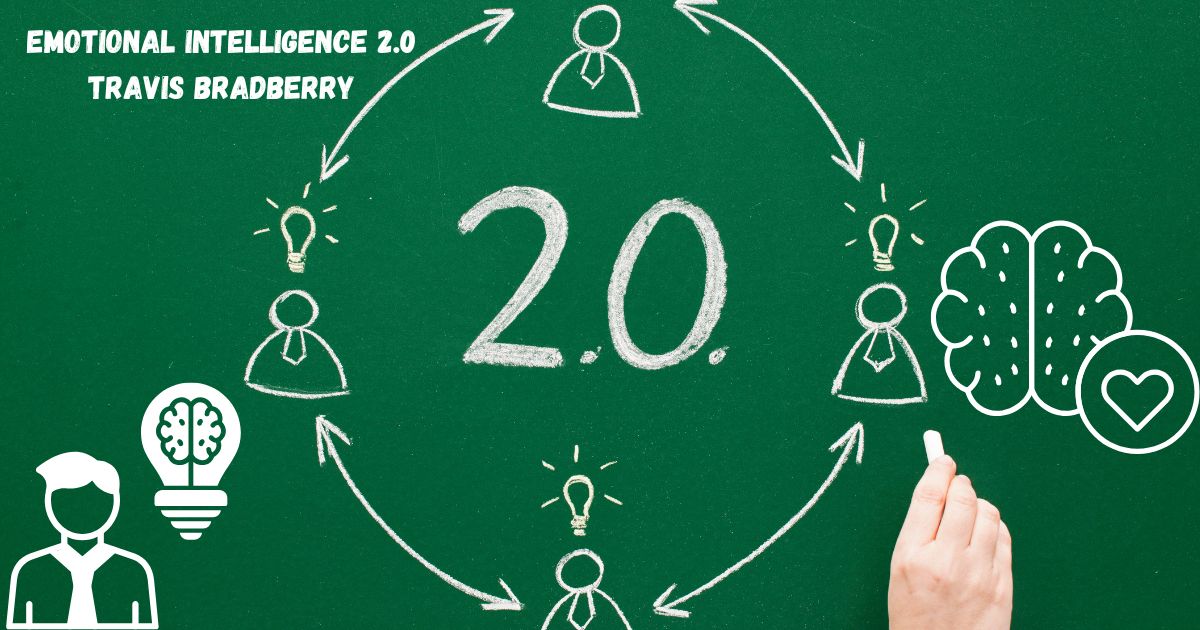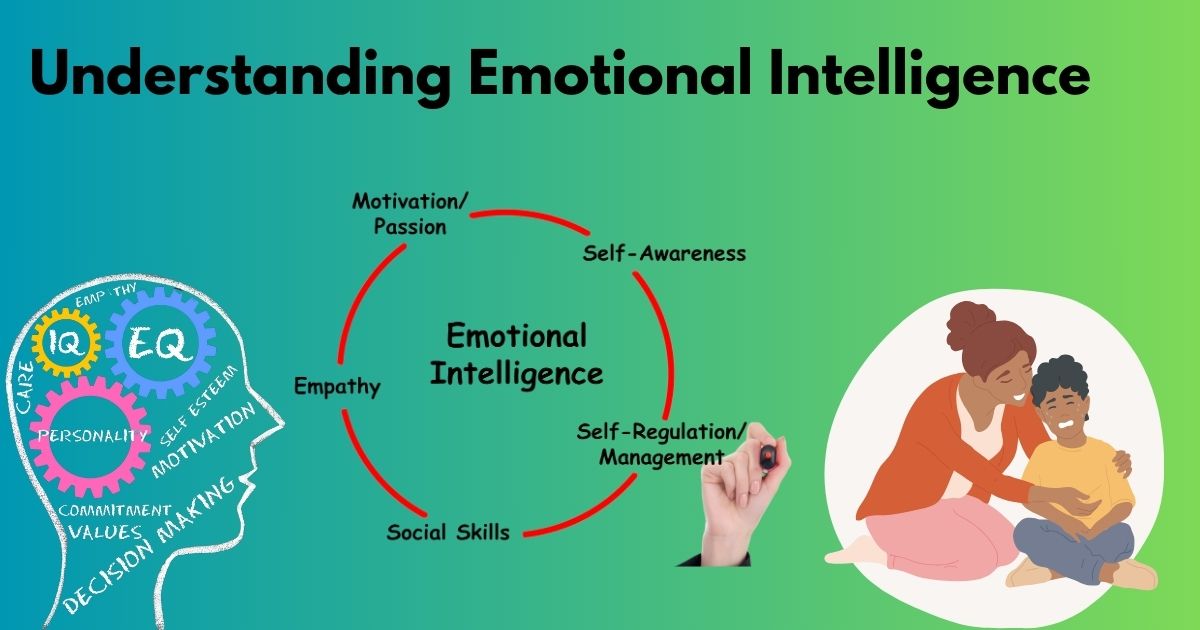Which Was the Year When the Term EI Was Coined
In the world of emotional intelligence (EI), the year when the term was officially coined holds significant importance. It marks a pivotal moment inside the understanding and acknowledgment of the role emotions play in human behavior and success.
Introduction
Emotional intelligence (EI) has grown to be a buzzword in diverse fields, from psychology to enterprise control. But what exactly is EI, and whilst did it turn out to be an idea?
What is “EI”?
Emotional intelligence, normally alluded to as EI, includes the ability to comprehend, secure, and control our own feelings, as well as the feelings of others. It involves abilities like sympathy, reluctance, social insight, and relationship the executives.
Origin of the Term “EI”
The expression “emotional intelligence” wasn’t instituted until the mid 1990s, regardless of the idea existing anymore. Analysts Peter Salovey and John Mayer are credited with begetting the term and advocating the thought through their examination.
Significance of “EI”
Emotional intelligence is essential for progress in both individual and expert life. It impacts how we communicate, decide, oversee pressure, and explore social connections.
Evolution of “EI” Over the Years
Since its inception, the understanding of EI has evolved basically. Which started as a psychological concept has ventured into exclusive fields, including schooling, management development, and organizational psychology.
The Year “EI” Coined
“emotional intelligence” gained prominence within the early 1990s, particularly through the experiments of Salovey and Mayer. Their research laid the foundation for information EI as a vital aspect of human behavior.
Impact of “EI”
The introduction of EI revolutionized the way we approach emotions and interpersonal relationships. It highlighted the importance of emotional awareness and empathy in personal and professional success.
Applications of “EI”
EI has practical applications in numerous areas, which include management development, team dynamics, , conflict decision, and mental health interventions. Organizations recognize the value of EI in fostering a positive work environment and improving productiveness.
Common Misconceptions about “EI”
Despite its broad acknowledgment, EI is frequently misconstrued. It’s not about suppressing emotions or being overly optimistic yet rather about perceiving and dealing with emotions successfully in various circumstances.
FAQs For Which Was the Year When the Term EI Was Coined
What does “EI” stand for?
EI stands for Emotional Intelligence, regarding the capability to recognize, recognize, and control emotions successfully.
Who coined the term “EI”?
Psychologists Peter Salovey and John Mayer used the term “emotional intelligence” and popularizing its idea.
Why is “EI” vital?
EI is important for private and professional fulfillment because it affects communication, decision-making, and dating management.
How does “EI” range from other phrases?
Unlike traditional intelligence (IQ), which focuses on cognitive skills, EI emphasizes emotional recognition and interpersonal competencies.
Can “EI” be measured as it should be?
While there are various strategies to evaluate EI, measuring it as it should be remains a undertaking due to its complex nature.
Conclusion
The year when the term “EI” was coined marks a huge achievement in how we might interpret emotions and their effect on human behavior. As we proceed to explore and apply the standards of the principles of emotional intelligence, its pertinence and importance just develop further.




